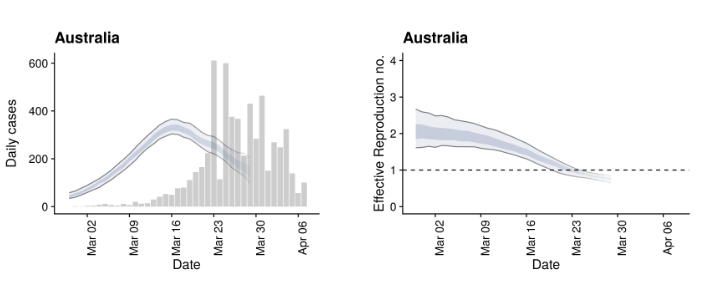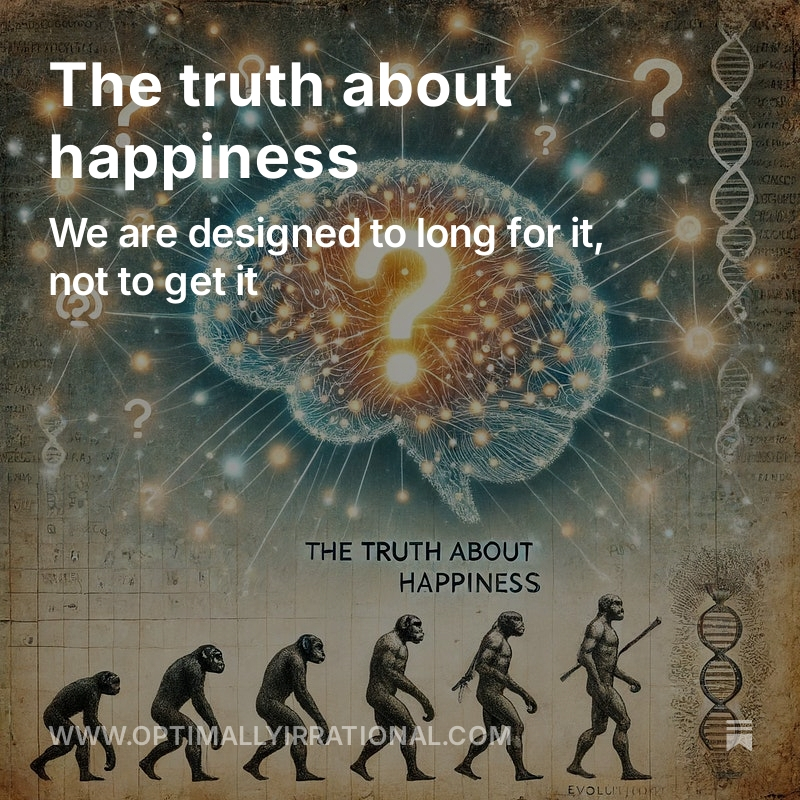Important news for Australia:
The London School of Hygiene & Tropical Medicine estimates that R is already below 1, following the shutdown (right graph).
It is much better than the numbers used by the government's modelling (1.69-1.9).
#COVID19au 1/2
epiforecasts.io/covid/posts/gl…
The London School of Hygiene & Tropical Medicine estimates that R is already below 1, following the shutdown (right graph).
It is much better than the numbers used by the government's modelling (1.69-1.9).
#COVID19au 1/2
epiforecasts.io/covid/posts/gl…

Explainer: R is the effective reproduction number: it is, on average, how many people an infected person will infect. When R is below 1 the epidemic progressively dies down. When it is above 1, it keeps growing.
2/2
2/2
• • •
Missing some Tweet in this thread? You can try to
force a refresh





















